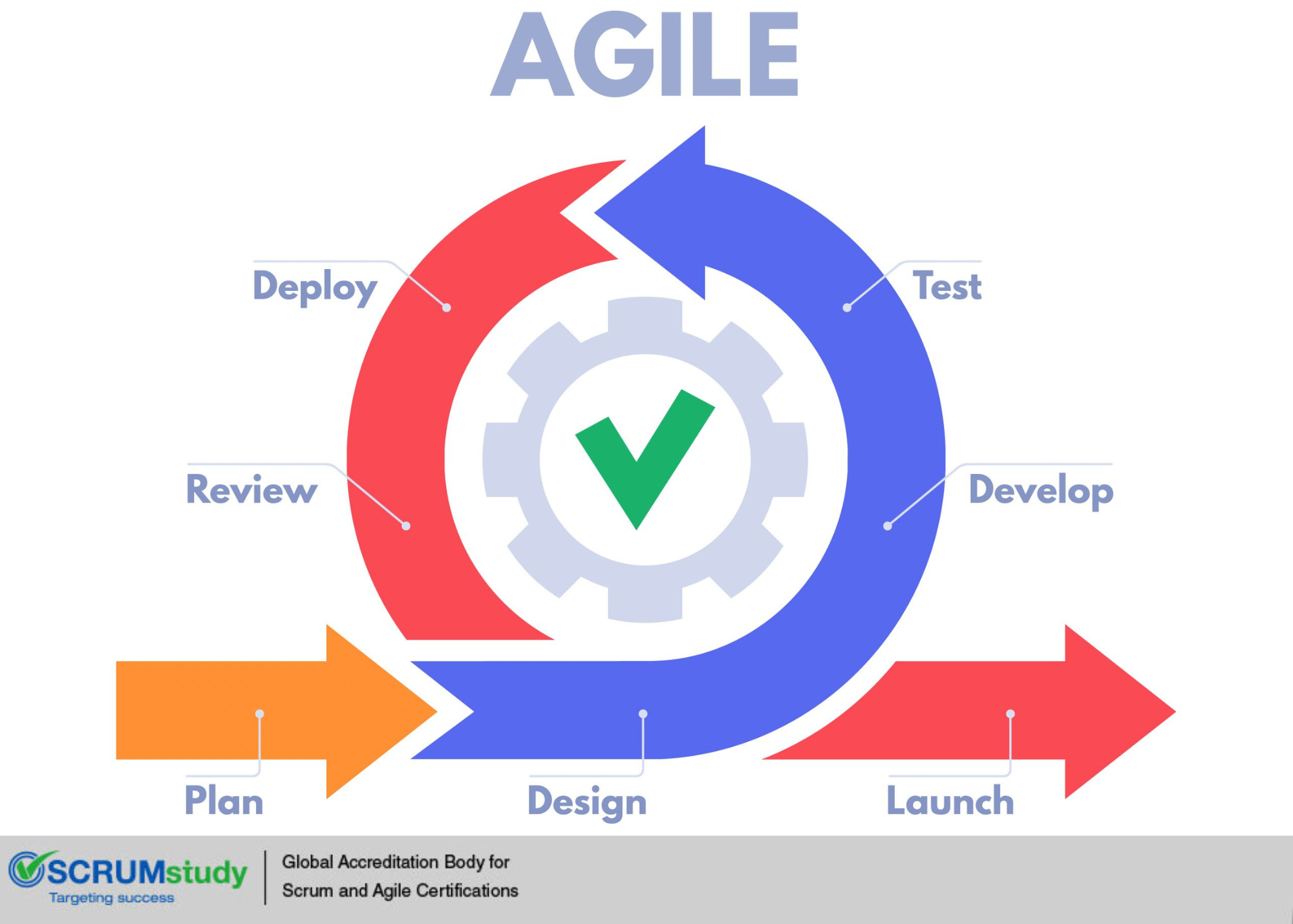Scrum Master Certification for Agile methodologies
Posted by SCRUMstudy® on June 21, 2024
Categories: Agile Product Owner Scrum Scrum Guide Scrum Master Scrum Team
Scrum Master certification is a crucial credential for professionals seeking to deepen their expertise in Agile methodologies.
Scrum Master methodologies focus on facilitating the Scrum framework within Agile teams to ensure effective project management and delivery. The Scrum Master acts as a servant leader, helping the team understand and implement Scrum principles such as iterative development, time-boxed sprints, and continuous improvement. They organize and facilitate key Scrum ceremonies, including sprint planning, daily stand-ups, sprint reviews, and retrospectives. Additionally, Scrum Masters remove impediments that hinder the team’s progress, foster a collaborative environment, and ensure adherence to Scrum practices. By doing so, they enable teams to be more productive, responsive to change, and aligned with project goals, ultimately driving successful outcomes.
The Evolution and Impact of Agile Methodologies in Modern Software Development
In the fast-paced world of software development, the need for flexible, efficient, and responsive project management approaches has never been more critical. Agile methodologies, with their emphasis on iterative progress, collaboration, and adaptability, have emerged as a cornerstone of modern software development practices. This article delves into the origins, principles, and impacts of Agile methodologies, highlighting their significance in today's dynamic technological landscape.
Origins and Evolution
The roots of Agile methodologies can be traced back to the early 1990s, when traditional project management techniques, often criticized for their rigidity and inefficiency, struggled to keep pace with the rapidly changing requirements of software development. The pivotal moment came in 2001 with the creation of the Agile Manifesto, a declaration crafted by a group of seventeen software developers. This manifesto outlined four core values and twelve principles aimed at improving the software development process.
The Agile Manifesto emphasized individuals and interactions over processes and tools, working software over comprehensive documentation, customer collaboration over contract negotiation, and responding to change over following a plan. These values represented a paradigm shift, encouraging a more fluid and adaptive approach to project management.
Core Principles of Agile Methodologies
Agile methodologies are grounded in a set of core principles that guide teams in their pursuit of delivering high-quality software efficiently:
-
Customer Satisfaction Through Continuous Delivery: Agile teams prioritize the continuous delivery of valuable software, ensuring that customers receive frequent updates and improvements.
-
Embracing Change: Agile methodologies welcome changing requirements, even late in the development process. This adaptability allows teams to respond to evolving customer needs and market conditions.
-
Frequent Delivery of Working Software: By breaking projects into smaller, manageable iterations (often called sprints), Agile teams can deliver working software at regular intervals, fostering early feedback and continuous improvement.
-
Collaboration: Close collaboration between business stakeholders and developers is a hallmark of Agile methodologies. This collaboration ensures that the final product aligns closely with customer expectations.
-
Motivated Individuals: Agile teams are composed of motivated individuals who are provided with the necessary support and trust to accomplish their tasks effectively.
Impact on Modern Software Development
The adoption of Agile methodologies has profoundly transformed software development. Companies across various industries have embraced Agile to improve their project outcomes, increase customer satisfaction, and enhance team collaboration. The iterative nature of Agile allows for rapid feedback and adjustments, reducing the risk of project failures and ensuring that the end product meets user needs.
Moreover, Agile's emphasis on collaboration and communication has broken down silos within organizations, fostering a more cohesive and responsive development environment. This cultural shift has empowered teams to innovate, experiment, and deliver value more efficiently.
In conclusion, Agile methodologies have redefined the landscape of software development, offering a robust framework for managing projects in an ever-changing technological world. By embracing Agile principles, organizations can navigate complexities, drive continuous improvement, and ultimately achieve greater success in delivering high-quality software products.

